|
Deep down - in our subconscious, our amygdala, our unconscious, we have a primitive brain that functions like our animal friends’ brains. We react. Without thinking. (Thinking is higher up.) Our emotions predominate. It’s our ego barrier - subliminal defense mechanisms that make it hard to accept that we might be wrong, or at risk. Our fears rule - the seeds of stress. Your higher-up you is not aware of your lower level you. That’s why its called subconscious or unconscious (below the conscious level). So we don’t even realize that fear of not being enough, fear of not being loved, fear of so many things in these deep parts of us, makes us instinctively vulnerable or attacked. The neocortex part of your brain is the higher-up part that is responsible for higher-order brain functions - thinking and learning. As your deep hidden motivations (fear responses) are in control, it’s impossible for you to logically understand what “you” are doing. Even the most intelligent person is wired this way. “There are two basic motivating forces: fear and love. When we are afraid, we pull back from life. When we are in love, we open to all that life has to offer with passion, excitement, and acceptance. We need to learn to love ourselves first, in all our glory and our imperfections.” ~ John Lennon What to do?
You can get better and better at this stuff. And that will make you happier and happier. 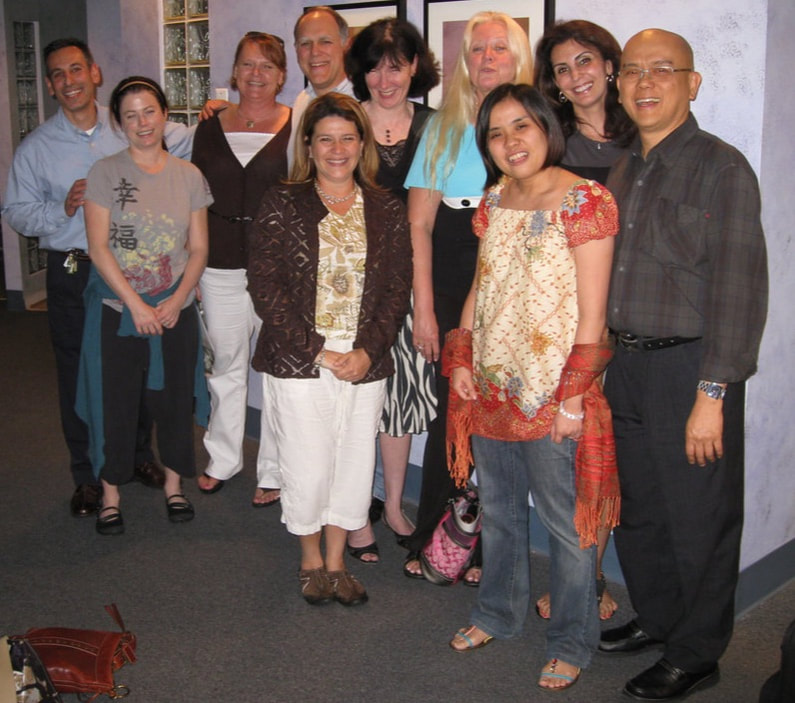
Dr Chris Baker (center), with a group of seminar doctors at a local dental office.
Photo by Claude Hammond © 2017 TOP PHOTO: Thunderstorm photo by Catalin Fatu at the English language Wikipedia,
0 Comments
 You know the feeling - “I am just too tired.” Too tired to do the best at work. Too tired to do the best for your sweet family. And certainly too tired to do the best for yourself. Your energy, “your get-up-and-go”, has, as the old saying goes, “got up and went.”. Where to find the energy to go on? Believe it or not, it’s in your courage. It’s in your mind. Your mind’s thoughts of courage, of feeling better, of gratitude will get you through. It’s a choice. Truly. First think thoughts of “I can.” (That’s your courage at work.) Then start thinking thoughts of gratitude: Gratitude that you can swing your legs out of that bed in the morning. (Some people have to stay in their beds - or wheelchairs.) Gratitude that you have a shower and clean clothes. (Some people are living without running water.) Gratitude that you have things to do. Gratitude that you can read. Gratitude that you can be better. You can! You absolutely can! “When we improve ourselves, we put the heavenly part of our being to work. That is how we direct the Fates.” ~ Wally Carr When your thoughts are of your gratitude, they are POWERFUL. Your energy is comin’ back. You are doing it!! To energy! We dentists are way too worried about people getting mad at us - people including our patients, our colleagues, our friends and family.
It’s our nature. Most people who are attracted to dental school are approval-addicted, and spend way too much time trying to please others. Caring for ourselves first and foremost gives us the ability to care better for others. Caring for ourselves first and our family second makes us better dentists. Seriously. Because when we are at peace within, we present peace to all around us. Because when we feel good about “me”, we make others feel good about “you” AND about themselves. We emanate strength, love, surety. When you learn to be happy with who you are, it frees you to pursue all you want to become. (And, the opposite is true. When you are fearful about whether you are “enough”, “good enough,” you are imprisoned and unable to pursue growth, change, and joy). Approval addiction is an illness that keeps you from living life on your own terms. Pleasing others - you think - will help the others like you, want you to provide their orthodontic/dental care, love you. Nope. It’s the opposite. Your working to please others is way too hard and doesn’t work. It’s borne of way too much fear. It’s the way you teach others you are a sucker. Oh sure, they may say how “nice” you are, and hang around to get what they want to get from you, but in the long run, the approval-addicted one is way too exhausted, way too confused, way too used, and your life is just way too hard. Your life is way too valuable and potentially way too wonderful to keep being vulnerable to the fear that begets approval addiction. As you live in the surety that you are indeed valuable, that you are indeed a love, that you bring incredible life to those around you, you can release the habit of being addicted to others’ approval. Are you worried about what your staff thinks of you? What your patients think of you? What your colleagues think of you? It’s time to decide - once and for all - that you are great the way you are, that you will keep growing and learning, that you will design your life, your practice, your each and every day, yourself. “If you don’t, chances are you'll fall into those other people’s plans. And guess what they have planned for you? Not much.” ~ Jim Rohn Once the other folks get what they want from you, they move on to work on someone else’s plan. And someone else moves into your life to try to plan your life. Decide today. You are way too valuable, way too capable. Let others leave their future, their lives in others’ hands. Not you!!  1. Warped perspective Human brains are a complexity of experiences, fears, other emotions and developed instincts. If three people watch a crime, often these three people do not all choose the same perpetrator from a lineup. We have the ability to - and do - use denial when reality is too painful to bear. We distort our perspective to make it feel bearable. 2. Envy and jealousy Humans compare themselves and their circumstances - all the time. The nagging voices in our minds, our fear of unworth, fear of failure, fear of success, fear of pain, fear of not measuring up, eat away at us. These ANT’s (Automatic Negative Thoughts) become so familiar that they are ‘comfortable’ to us. It is only through discipline - practice of gratitude, connection to the Divine, and tiny constant good actions that the insecurities and stress can be diminished and replaced by happiness. 3. Criticizing, judging and condemning Envy and jealousy at work! As a result of the ANT’s, we criticize, judge and condemn others, distorting once again, our perspective, to fool ourselves to make it feel bearable. 4. Worrying about what others think of you The ANT’s are basically criticizing, judging and condemning ourselves, distorting our perspective to minimize our awareness of the pain. If we can just make the other person happy, then perhaps, just perhaps, we are worthy! Distortion can only be replaced with happy, valid, great thoughts through gratitude, connection to your Divine part, and your daily disciplines. Just think how great you will feel! Happy, happy, happy for you!
Instead of Edwin having Class III brachyfacial growth which he “inherited” from Dad who looks the “same,” the child has a severe forward tongue position, with deep bite, forward mandibular positioning and Class III growth. It is indeed the “same” as Dad - both Edwin and his dad spent early formative years with huge tonsils and inability to breathe nasally. Breathing is primary. We do what we must to breathe. Unknowingly posturing his mandible forward, bringing the tongue with it, due to the hyoid muscle attachments, allows Edwin, and allowed his father, to breathe through his mouth, bypassing his nose, and get the oxygen needed to survive. So - Dad and Edwin grew similarly - Class III. The genetic etiology for this father and son pair has to do with tonsillar enlargement - and in Edwin’s case - is CHANGEABLE because he is still growing. Following removal of the tonsils and adenoids (adenoid tissue was enlarged as well), and expansion of his narrow palate, Edwin now breathes nasally. His Class III growth is diminishing (still habitual forward tongue.…). As an early evangelist with this subject, having learned from Dr. Walter Doyle, I discovered that there was a huge volume of airway literature produced in the 1970’s, much of it led by Sten Linder-Aronson and Donald Woodside, Dudley Weider, Kenneth Nowak and colleagues, Donald Timms, and even Henri Petit. They knew and published about what we think we are so smart to be “figuring out” now. Having been teaching and practicing this knowledge all these 25+ years, I am - yes - THRILLED - to see our “modern” thinking catching up to this body of knowledge. 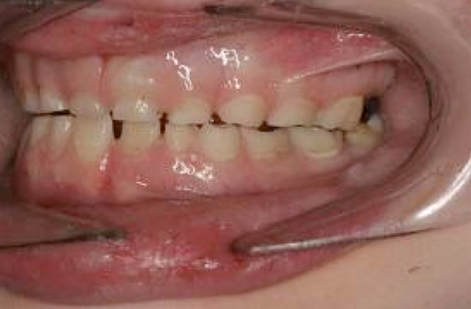 Upper airway congestion is etiologic in childhood bruxism (tooth grinding). Image and text © 2001 Dr Chris Baker Upper airway congestion is etiologic in childhood bruxism (tooth grinding). Image and text © 2001 Dr Chris Baker Five things your patient may exhibit which could indicate airway issues: While we could spend hours on this topic - and I do in teaching - for now let’s just look at five things your patients might exhibit to let you know they have an airway problem or may have an airway problem. Because - if your patient begins breathing nasally, their growth and development is changed - starting immediately. So the five things? 1. Enuresis - Bedwetting; 2. ADHD, ADD, behavioral problems, manic-depressive disorder of childhood, aggressive behavior; 3. Lowered IQ and Learning disabilities; 4. Restless sleep and daytime fatigue; 5. Bruxism - tooth grinding. These all reduce a child’s quality of life - experience of life - to a life with difficulties, struggles, and are very often changeable, thus unncecessary. And you can be the one to guide the life-transformation. "Normal healthy cells turn into malignant cells simply in the presence of lowered O2." ~ Otto Warburg Three things you can do to improve the child’s chance of nasal breathing and his/her life You - the child’s orthodontist, dentist, pediatric dentist, can help - a LOT!! You can:
Nasal and sinus mucosa release nitric oxide, a potent bronchodilator and vasodilator, hypotensive and it is bacteriostatic and virostatic. There is more - so much more we can discuss about this topic. Can you imagine, the lives you can change? Can you imagine, how grateful the parents will be? Can you imagine reducing the risk of adult sleep apnea in your now child patients? Can you imagine, how wonderful for you? Learn about the airway in children. Contact me and I will be glad to help. 
Why You Should Read All the Time (at least 10 pages a day!)
- to increase your focus - to spend time wisely - to gain perspective - to be reflective - you will set goals - to improve your writing and speaking skills - to increase your memory - to be more interesting to other people - to stay fresh - to be educated and informed - to relax - to boost your creativity - to enhance what you know - to level up! "In my whole life, I have known no wise people who didn't read all the time — none... ZERO." ~ Charlie Munger “Those who do not read are no better off than those who cannot read.” ~ Jim Rohn “The book you don’t read won’t help!” ~ Jim Rohn “It’s never too late to start. It’s always too late to wait.” ~ Jeff Olson You want ideas? Good books? You Can If You think You Can by Norman Vincent Peale The Power of the Subconscious Mind by Joseph Murphy You Can: A Collection of Brief Talks on the Most Important Topic in the World - Your Success by George Matthew Adams Please, please send me your great book ideas! I’m so up for them!! |
Dr Chris BakerAmerica's most-trusted teacher of orthodontic continuing education, Dr. Chris Baker has practiced and taught for more than 30 years, and is a current or former faculty member of three U.S. dental schools. She is a pediatric dentist, author, blogger, dental practice consultant, and mentor. Dr. Chris is also Past President and Senior Instructor of the American Orthodontic Society. She is based in Texas, USA, but lectures around the world. Categories
All
Archives
July 2024
Text and images
© 2024 Dr Chris Baker |



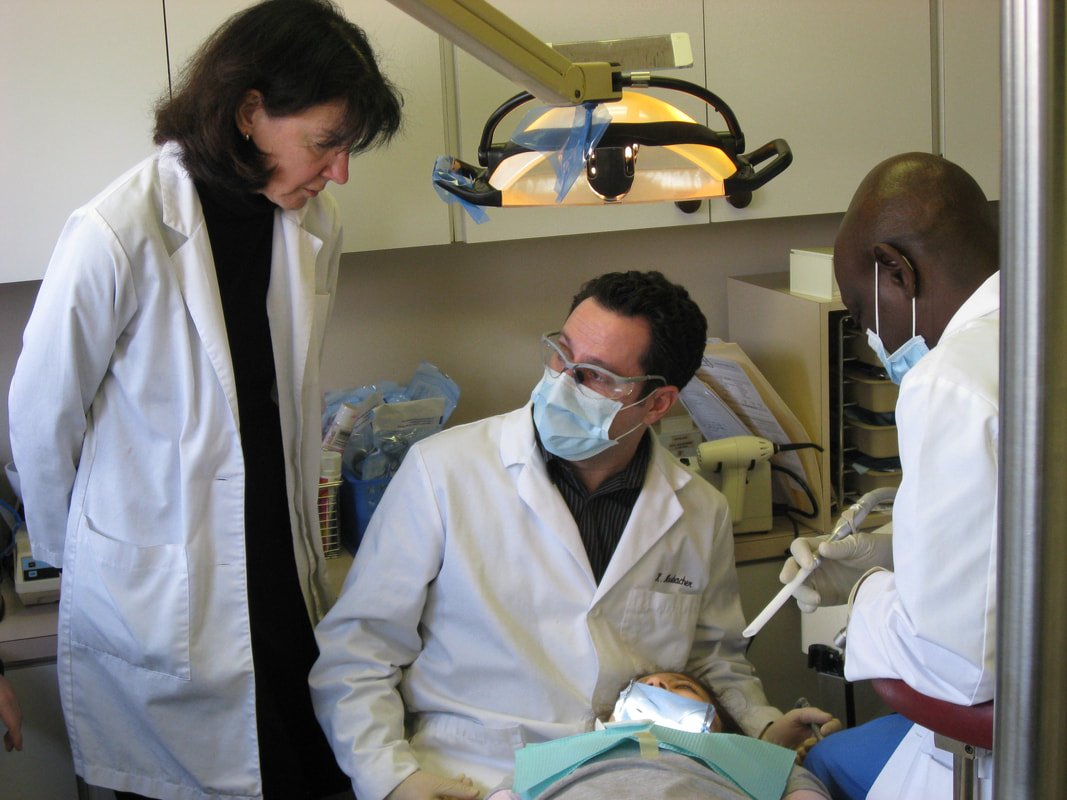

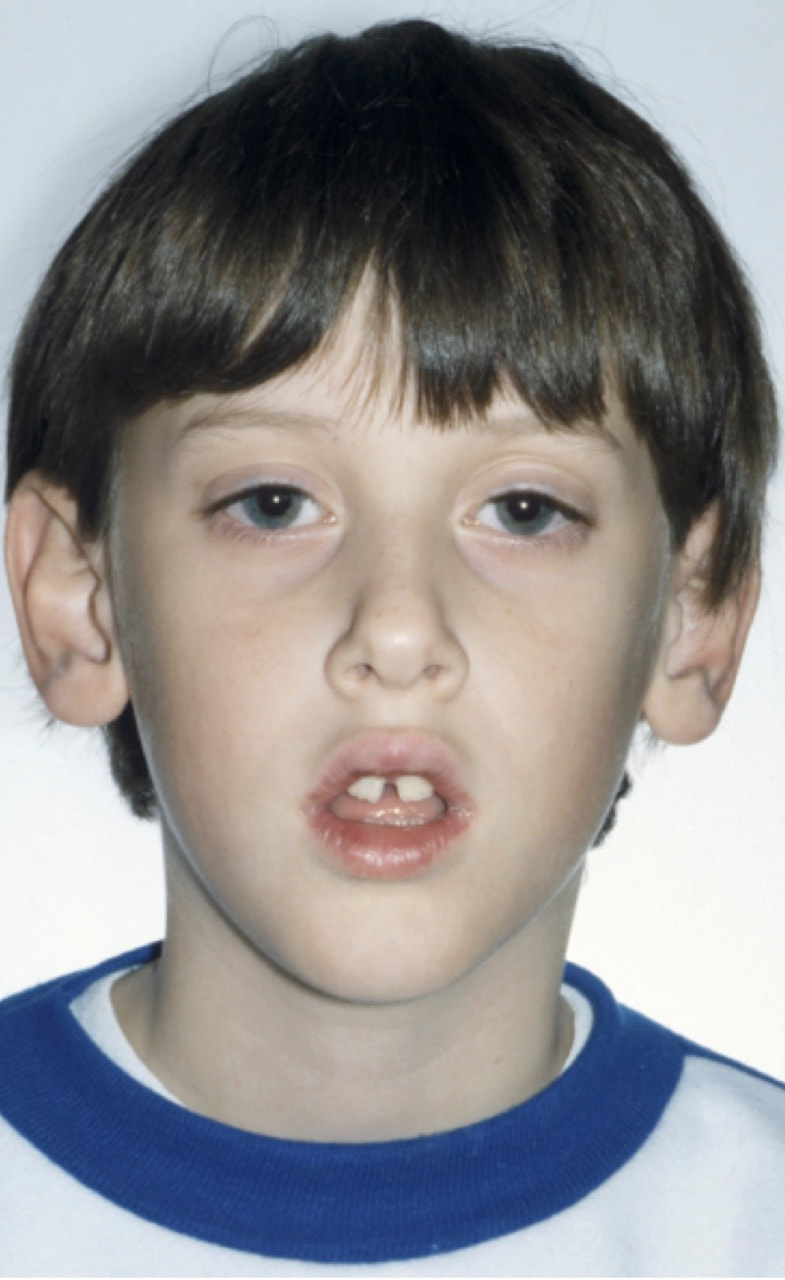
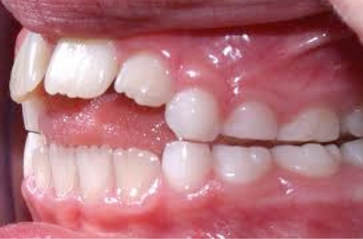


 RSS Feed
RSS Feed